Depression can be incredibly difficult for someone to overcome. Even though we all experience bouts of sadness, sometimes we need additional support to be able to work through what it is that is causing us this distress. Depression can interfere with our day to day lives in a variety of ways, however there are multiple ways to be able to address these concerns.
Depression Counseling
Do you have times where sadness seems to take over? Can it be hard for you to feel happiness? Do you sleep more or less than you should? Do you feel like you have no motivation?
Depression
Depression is a profound and complex condition that often arises in the aftermath of distressing or traumatic experiences. Whether stemming from childhood abuse, a traumatic event, or ongoing stress, the effects of trauma can deeply impact one's emotional well-being, leading to symptoms of depression. Feelings of sadness, hopelessness, and numbness can persist long after the traumatic event has passed, making it difficult to find joy in daily life. It can be hard to feel like others related to what you may be experiencing. Your thoughts and feelings can become overwhelming and it can be harder to reach out to those your identify as supports
Signs and Symptoms of Depression
Depression, clinically known as major depressive disorder (MDD), is a common and serious mental health condition that significantly impacts how an individual feels, thinks, and handles daily activities. It goes beyond temporary feelings of sadness or grief and requires proper understanding and treatment. It can be difficult for others to understand how you feel and think as well.
Depression can include an extensive list of symptoms that differ from person to person. Some ways that depression can manifest with a person are as follows:
Persistent sadness, anxiety, or "empty" mood
Feelings of hopelessness, pessimism
Irritability and frustration, even over small matters
Loss of interest or pleasure in hobbies and activities once enjoyed
Difficulty concentrating, remembering, and making decisions
Recurrent thoughts of death, suicidal ideation, or suicide attempts
Negative thinking patterns, feelings of worthlessness, or excessive guilt
Changes in appetite or weight
Sleep disturbances (insomnia or oversleeping)
Decreased energy or fatigue
Physical issues like headaches, stomachaches, or other unexplained aches and pains

How I can help you:
As a depression therapy specialist, I take an empathic approach so you feel heard and supported while building on existing strengths you have. We work together throughout this process and find the best way to alleviate the struggles you have been enduring.
Trust and safety are priorities that I have in all of your sessions. You deserve to feel like you a space to truly open up, not feel judged, and know that you can come back with the same amount of dignity and respect that you received from the very first time you stepped into a session. What you have experienced is also unique to you and therefore your therapy journey will be crafted in a way so that you can heal the way you need to.
Through your journey you will be able to express what is working so that we can further cater to your strengths and help your healing progress as quickly as you can.


